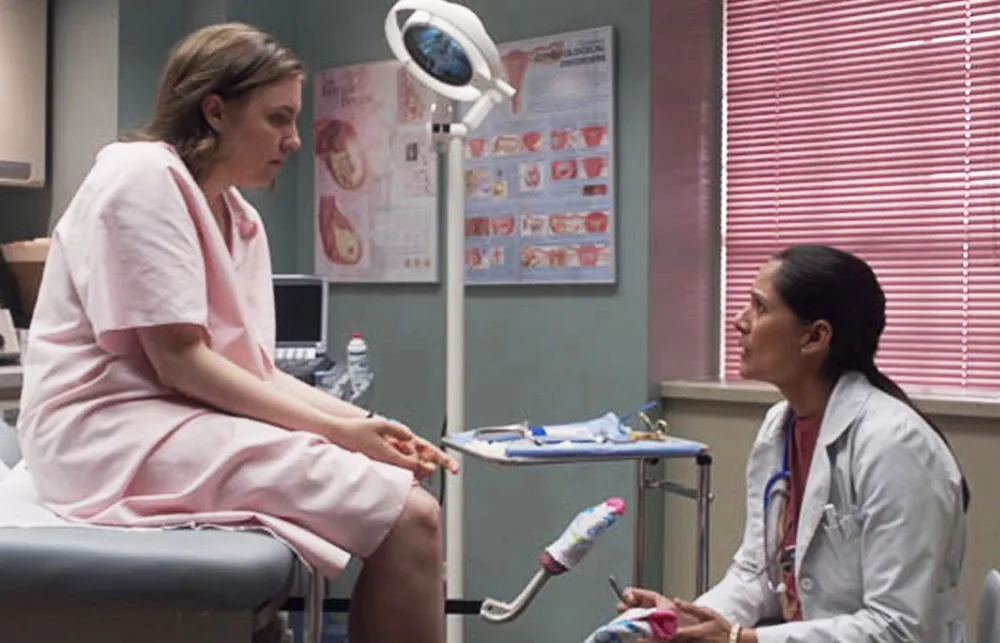In unsettling news, it appears that the sexually transmitted disease gonorrhea, also known as ‘the clap’, could soon be impossible to treat.
A press release from the World Health Organization (WHO) reveals data collected from three countries – Japan, France, and Spain – all of which have shown untreatable strains of the sexually transmitted disease.
“The bacteria that cause gonorrhea are particularly smart. Every time we use a new class of antibiotics to treat the infection, the bacteria evolve to resist them,” Dr. Teodora Wi, a human reproduction specialist at the WHO, explained in the press release.

Most people who are infected with gonorrhea don’t have symptoms and may not know they have it, but symptoms can include: painful or burning urination, discharge from the genitals, or bleeding from the vagina between periods. It’s also possible to have an anal or throat infection.
Gonorrhea has developed resistance to nearly every class of antibiotics used to treat it, including penicillin, tetracycline and fluoroquinolones, the study found.
If left untreated, the STI can lead to pelvic inflammatory disease which can cause pain and infertility and can lead to an increased risk of contracting HIV.
So what can you do to avoid it? WHO recommends regular STIs and the use of condoms – including for oral sex.
RELATED: The Reproductive Disease Women Don’t Know They Have










